The 1913 Liberty Head nickel is one of the most storied and valuable coins in the world of numismatics. This famous five-cent piece has an incredible backstory, from its illegal production to its place among the most coveted collectibles ever. The history of these rare nickels has captivated collectors for generations, with one of the original five coins recently selling for an eye-popping $4.2 million. Let’s explore the remarkable journey of the 1913 Liberty Head nickel.
The Birth of the Liberty Head Nickel
This Article Includes [hide]
The Liberty Head nickel was first introduced in 1883, designed by Charles Barber, the U.S. Mint’s chief engraver. It was the first nickel coin to feature a full-length portrait of Liberty and was produced in large numbers throughout its 30-year run. Over half a billion Liberty Head nickels were minted between 1883 and 1912, making it one of the most circulated coins of its time.
However, in 1913, the U.S. Mint transitioned to the Indian Head (Buffalo) nickel, which quickly became a favorite among the public due to its bold design. The Liberty Head nickel’s production officially ended, and the mint’s focus shifted to the newer coin. Yet, unknown to most, the Liberty Head nickel would make one final, illicit appearance.
The Rogue 1913 Liberty Head Nickels
The production of the Liberty Head nickel was officially discontinued at the end of 1912. However, in 1913, five additional Liberty Head nickels were struck secretly and illegally by Samuel W. Brown, an official at the U.S. Mint. These five coins were never meant to be made, but Brown, driven by a mix of curiosity and ambition, struck them in a covert operation.
Brown kept the existence of these rogue coins a secret for five years, which was crucial because the statute of limitations for prosecuting such an offense was five years. The story behind these contraband coins would remain hidden for a while, but when it finally came to light, it created an uproar in the numismatic world.
A Shrewd Marketing Move
As remarkable as their creation was, Samuel W. Brown’s cleverness in marketing the coins is what propelled the 1913 Liberty Head nickels into the limelight. Brown, knowing the potential value of these rare coins, placed ads in numismatic magazines such as The Numismatist offering rewards for information on where to find one of these special nickels. He also displayed all five coins at the 1920 American Numismatic Association (ANA) National Convention in Detroit, raising their profile among serious collectors.
By 1924, all five coins had been sold to Colonel E.H.R. Green, a wealthy collector who kept them in his private collection until his death in 1936. This marked the beginning of the coins’ journey from illegal curiosities to some of the most valuable and sought-after pieces in the numismatic world.
The Coins of Legends: From Collectors to Museums
After Colonel Green’s passing, the five 1913 Liberty Head nickels were sold at an estate auction. The five coins were eventually split up and found their way into the hands of some of the wealthiest and most influential collectors of the time, including King Farouk of Egypt and Louis Eliasberg, one of the most famous numismatists in history.
As time passed, the 1913 Liberty Head nickels continued to attract attention and admiration from collectors. Today, two of the original five coins are housed in public institutions: one in the Smithsonian National Numismatic Collection and another in the ANA Money Museum in Colorado.
The remaining three coins, however, have remained in private collections, with one, the Walton nickel, standing out as the most famous. This coin has its own extraordinary tale.
The Walton Nickel: A $4.2 Million Coin
The Walton nickel is perhaps the most well-known of the surviving 1913 Liberty Head nickels. Its journey is as fascinating as its history. In 1962, the coin was recovered from a fatal car accident and, for decades, remained hidden away in an heir’s closet. It wasn’t until 2003, over 40 years later, that the coin was rediscovered.
In 2022, the Walton nickel was sold at auction for an astounding $4.2 million, setting a new record for the coin’s value. Just one year earlier, the Eliasberg nickel—widely considered the finest of the five—was purchased for $13.4 million as part of a transaction that included two other famous coins. With this acquisition, GreatCollections became the sole owner of two of the original five 1913 Liberty Head nickels.
The Enduring Legacy of the 1913 Liberty Head Nickel
The 1913 Liberty Head nickel stands as one of the most iconic and valuable coins in American history. Its story—one of illegal minting, secretive marketing, and eventual fame—continues to captivate coin collectors and enthusiasts worldwide. Whether it’s the Walton nickel fetching millions at auction or the two coins now residing in museums, the 1913 Liberty Head nickel remains a symbol of rarity, intrigue, and immense value.
As one of the few surviving pieces of its kind, the 1913 Liberty Head nickel will continue to be a prized possession for generations to come, cementing its place in the annals of numismatic history.

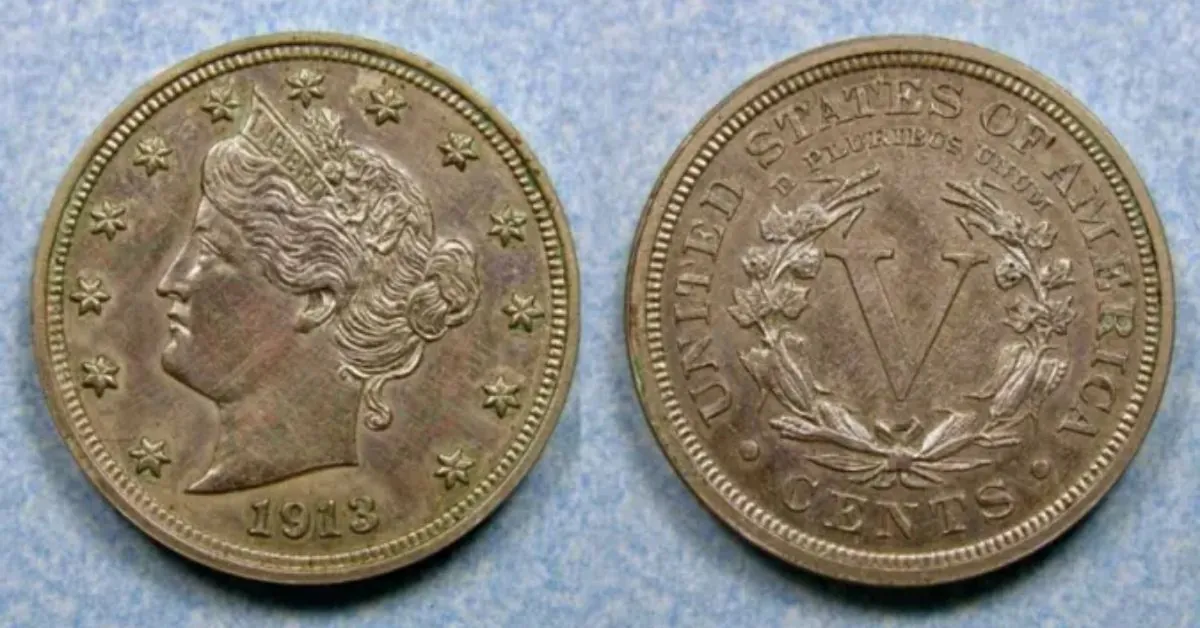
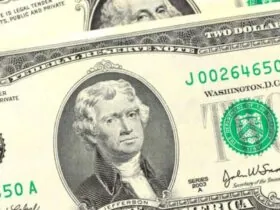




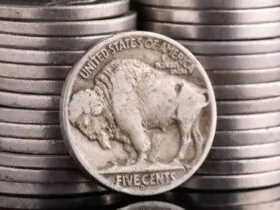
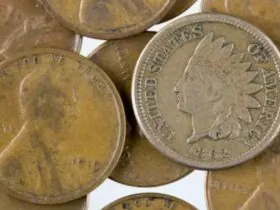

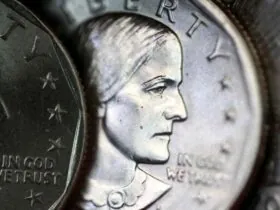
Leave a Reply